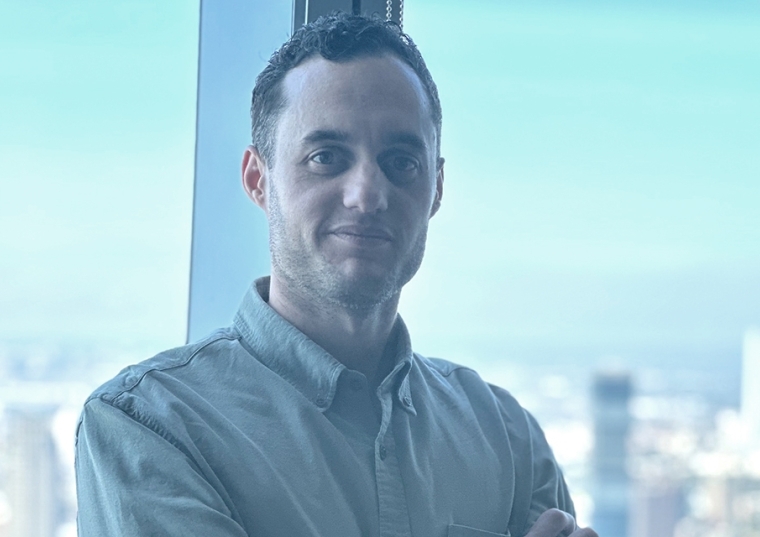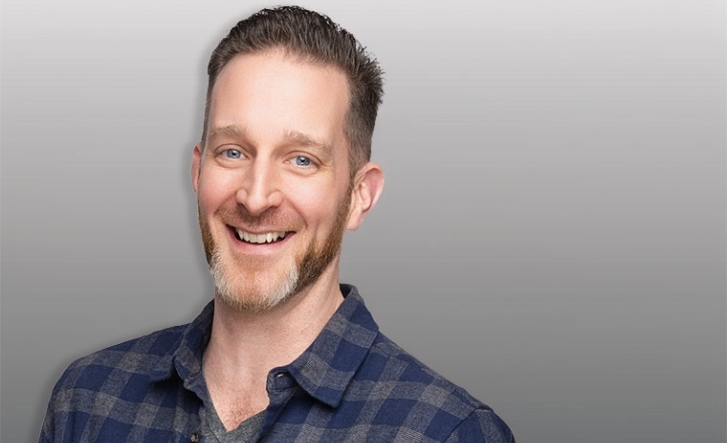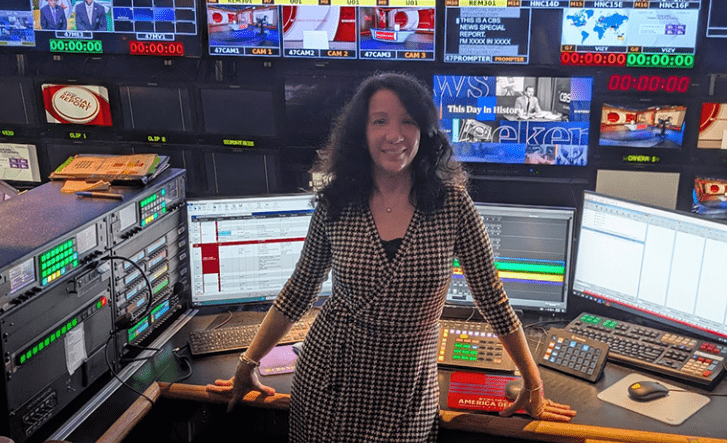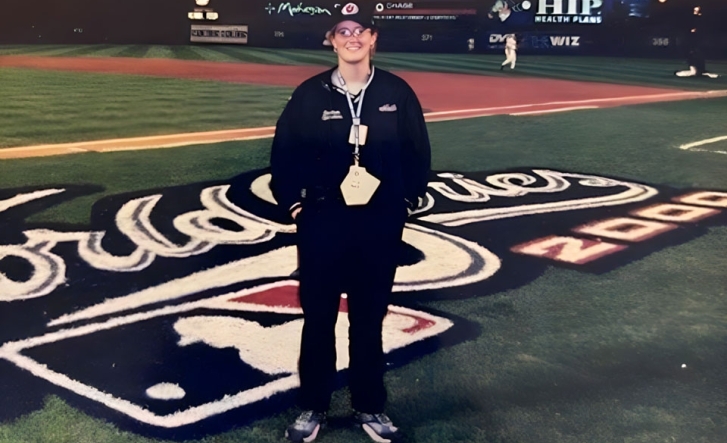FBI Agent Builds National Security Career with St. John’s Enterprise Risk Management Degree

“The University’s reputation as a leader in enterprise risk management and its tremendous alumni network attracted me to St. John’s.”
Jarett F. Monterio ’22GSRM earned a Master of Science degree in Enterprise Risk Management from the Maurice R. Greenberg School of Risk Management, Insurance and Actuarial Science (GSRM) at The Peter J. Tobin College of Business on the Manhattan, NY, campus of St. John’s University.
The FBI is a federal law enforcement and intelligence agency investigating various violations, including terrorism, counterintelligence, cybercrime, white collar crimes, public corruption, civil rights violations, and other major crimes.
What are your job responsibilities?
I am assigned to the FBI’s Counterintelligence and Cyber Division. I specialize in national security matters and hold a Top Secret/Sensitive Compartmented Information (SCI) security clearance. I initiate and investigate complex national security investigations, utilizing sophisticated covert and overt techniques, in partnership with other members of the United States Intelligence Community (USIC) and international partners.
In addition to my case duties, I am the founder of the FBI Global Affairs Collective. The collective is a select group of future FBI leaders and critical thinkers who seek a multidimensional understanding of the intersection of US national security and foreign policy. I develop and host a distinguished speaker series that engages with leading voices in global affairs.
How did your St. John’s education help prepare you for your career and current employment?
St. John’s greatly expanded my understanding of risk and opened my eyes to the multifaceted aspects of the enterprise risk management field. The FBI mission mandates the agency confront and manage a myriad of societal risks daily. I became particularly interested in geopolitical risk and began to connect it to my daily duties at the FBI.
How has your education in Enterprise Risk Management at St. John’s University influenced your approach to national security?
I came away with a much greater appreciation for the concept that, sometimes, not acting can be a greater risk than doing.
What are the emerging trends in national security that students should be aware of?
The transition from a terrorism-focused national security apparatus to one primarily occupied with competition among powerful nations is an important development over the past several years. US–China competition is largely considered to be the greatest national security challenge of the coming decade. It already dominates national security and foreign policy discussions and will be the defining relationship in global affairs for years to come.
Secondly, the emergence of the cyber domain as a national security concern has drastically accelerated. People often talk about the “cyber threat,” but, in reality, cyber is merely a vector. How it’s used, who is behind it, and to what end is what distinguishes different cyber threats.
Lastly, emerging technologies, particularly artificial intelligence (AI), are poised to alter the national security landscape dramatically. This change will impact both the offensive and defensive elements of national security. Developments are happening so quickly, it’s impossible to predict how things will play out. But the future will look much different. Whatever nation can more quickly and effectively leverage AI and other technologies to augment human capabilities will pull ahead in the national security.
What attracted you to St. John’s to pursue your graduate degree?
The University’s reputation as a leader in enterprise risk management and its tremendous alumni network attracted me to St. John’s. In addition, when I was researching different graduate programs, GSRM faculty, administrators, and staff went above and beyond to make themselves available for phone calls and discussions about the program. I was impressed by their passion and their genuine belief in what the program offers.
What other factors drew you to pursue your graduate degree at St. John’s?
The Insurance Leader of the Year Fellowship (ILOTY) the University awards was a major factor for me. I was granted the fellowship and received full tuition coverage. The large student loans I held from my undergraduate education meant I could only pursue graduate education with financial assistance. As a result of generous financial aid received, I became a first-generation graduate student.
Did St. John’s extensive network of alumni connections help you move forward with your career?
As an ILOTY fellow, I benefited from being paired with an industry mentor. I was matched with Rod Fox, the Founder/Executive Chairman, at the time, of TigerRisk Partners LLC, a leading global reinsurance company. We immediately connected during our first conversation, and I continue to stay in contact with him.
On another occasion, Paul L. Walker, Ph.D., Schiro/Zurich Chair in Enterprise Risk Management at St. John’s, provided an introduction to a major financial services firm’s global head of strategic intelligence. She was a former federal government employee and offered great insight into how the private sector tackles the issues of strategic and geopolitical risk.
GSRM students are exposed to various chief executive officers (CEOs). What was your experience with this?
I had the privilege of attending the ILOTY annual dinner and met several CEOs and industry leaders. The power of the St. John’s University and GSRM brand in the insurance industry is remarkable. I remain connected to several individuals I met.
What would you say to someone who is considering pursuing a degree from GSRM?
When researching, speak to GSRM faculty, administrators, and staff. You will be amazed at their availability and passion for the School and what it has to offer. It’s a tremendous program, and I highly recommend it.
What did you like best about your experience at St. John’s?
The relationships I built and the people I met stand out the most to me. It was a great experience to engage with students, faculty, administrators, and staff. I walked away with relationships I will carry with me for life.
How did the University, faculty, administrators, and/or staff support you while you pursued your degree?
I would be remiss if I didn’t highlight a particular GSRM member whom I developed an excellent relationship with: Brandon W. Sweitzer, Dean, GSRM, who became a true friend and mentor during my time at St. John’s. In some programs, the availability of a dean is slim, at best. He welcomed the opportunity to engage with me as a student and I’m genuinely grateful for his mentorship. I continued to stay in touch with Dean Sweitzer after graduation. It speaks volumes—of both him and the GSRM program—that such a connection could happen.
The views expressed here are Mr. Monterio’s own and do not necessarily reflect those of the Federal Bureau of Investigation or the United States government.



